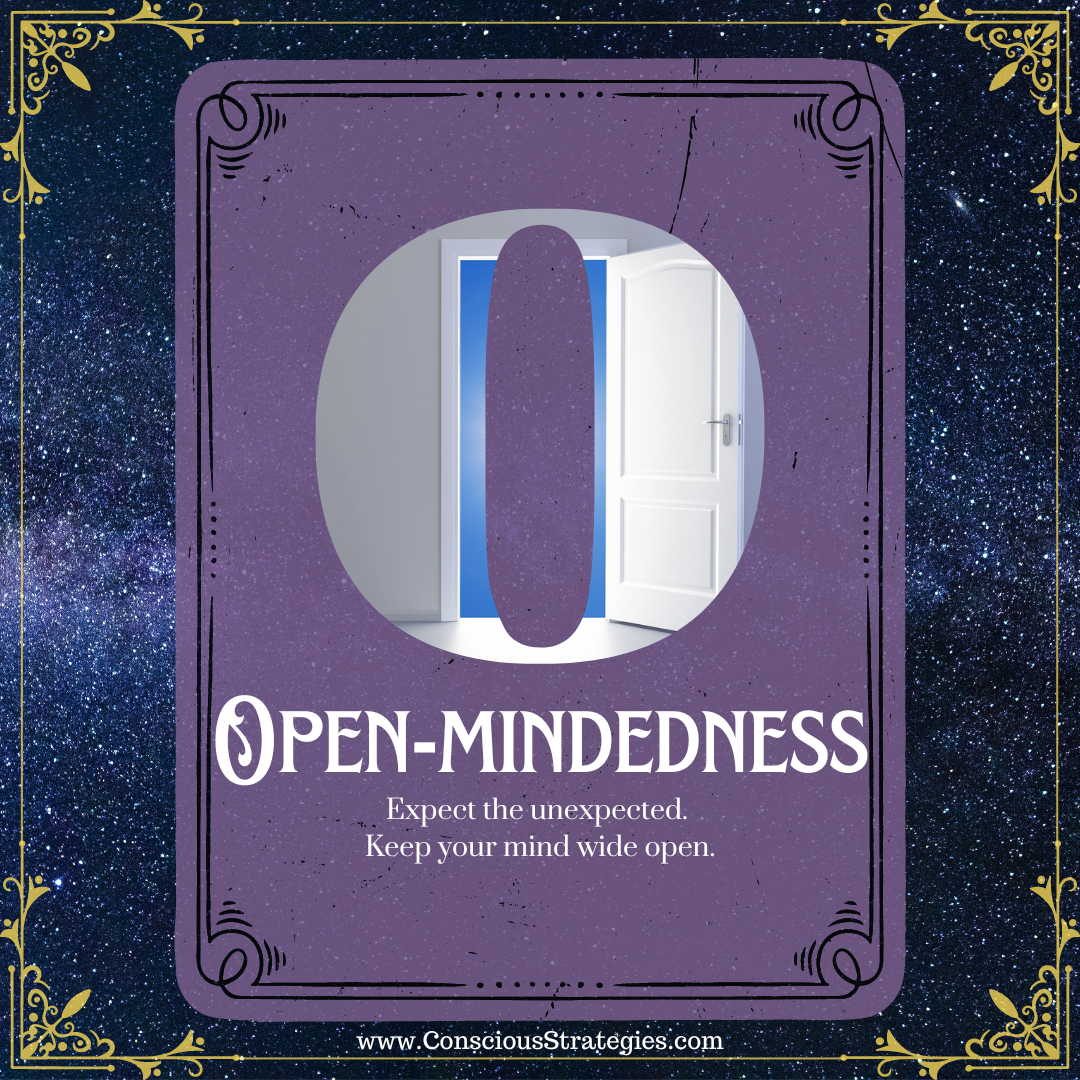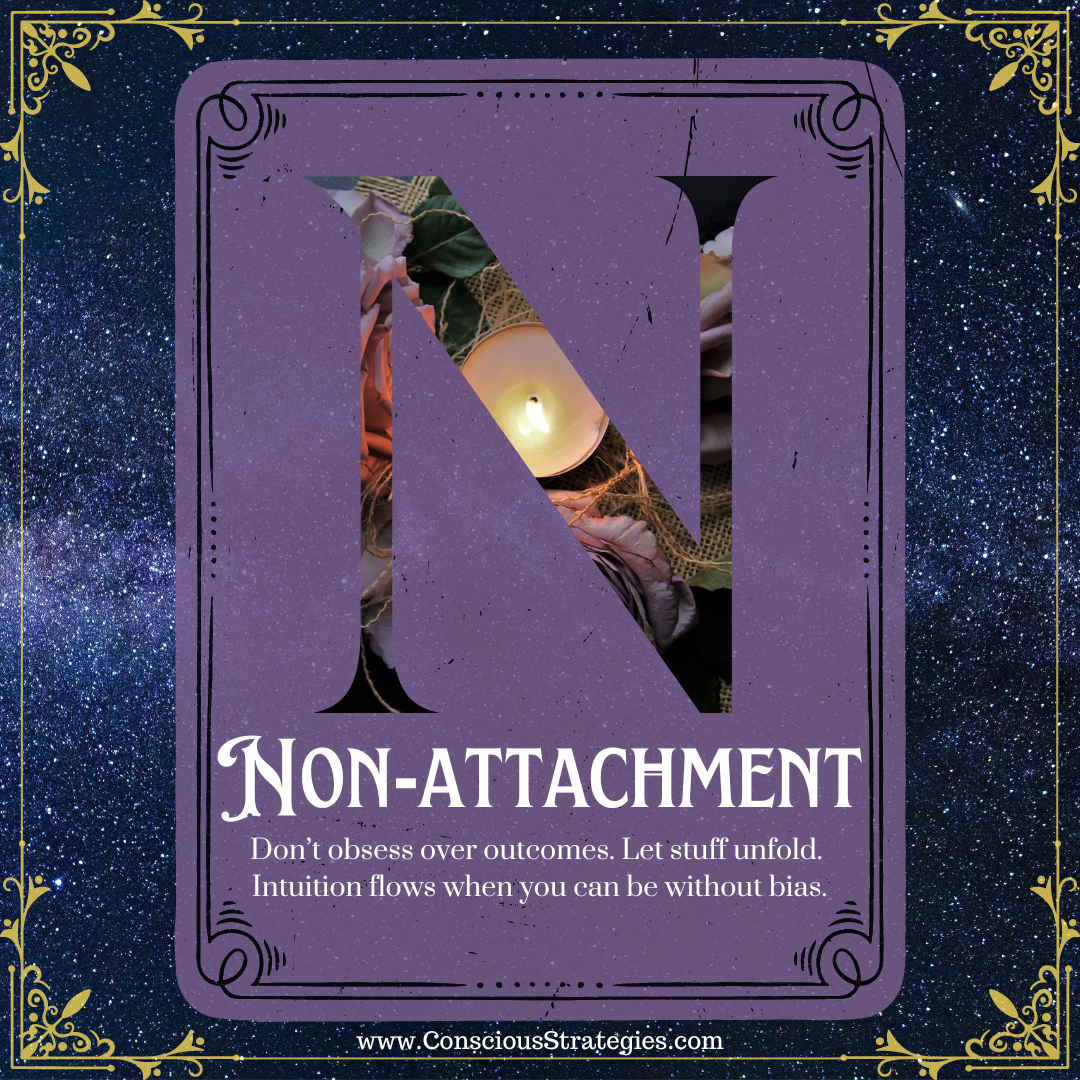Ah, anxiety. That sneaky little gremlin that seems to pop up at the most inconvenient times. If you’ve ever found yourself lying awake at 3 a.m., mind racing like a NASCAR event, you know exactly what I’m talking about. Now, if you were to tell me you haven’t experienced that, well, we might need to sit down and have a serious chat over some warm tea and cookies. Who doesn’t love cookies?
You see, anxiety’s a funny thing. It’s like an uninvited guest that shows up at your door, and no matter how many hints you drop, it just doesn’t take the hint to leave. And the way it makes your heart do that wild jitterbug dance? Or your palms sweat? Not so much.
Sure. Anxiety is a normal human emotion that everyone experiences from time to time. It can show itself by feelings of worry, nervousness, and unease. And for some people, anxiety can become an ongoing issue that can interfere with their daily life.
There are many different ways to describe anxiety. Some say it feels like a knot in their stomach, a racing heart, or shortness of breath. Others say it feels like they are constantly on edge or that they can’t relax.
It is important to remember that anxiety is a real and valid emotion. It is not something to be ashamed of. And even better than that – what if you had access to a tool that could help you manage this anxiety energy?
This weekend I had s firsthand witnessing of an anxiety attack with someone in my family who was under severe stress. It is a very intense experience and the person in the trenches with their anxious mind need others on the outside to ground and support them. But how do we do that when the monster has raised its head out of nowhere? My first instinct is my intuition. The superpower we all have tucked away inside of us.
What if this anxiety that’s disrupting us is because we are hypersensitive? Being bombarded by all the energies of the environment, lights, sounds, temperatures, pressures of the moment.
Intuition’s like your internal GPS guiding you through life’s thick fog. It’s that gut feeling, that little voice inside telling you when something’s not quite right or when it’s spot-on. It’s that silent friend that helps you navigate life’s roller coaster, without losing your lunch in the process.
Now, let’s get real here – how can intuition help you manage anxiety? Here’s some 4 ideas to give you a jumpstart:
- Trust Your Gut: Sometimes, anxiety’s just your intuition’s way of waving a big red flag, saying, “Hey, pay attention here!” Instead of brushing it off, listen to what it’s trying to tell you. Your intuition might be onto something that you may not want to see.
- Meditate on It: Ever try sitting still and just breathing? Seems simple, and much like trying to catch a butterfly with chopsticks. Meditating connects you with your intuition, helping you calm the storm inside. Bringing you back to your breath – your life force.
- Don’t Be Shy, Ask Why: When anxiety knocks on your door, ask it what it wants. Literally. Talk to it. It might just be your intuition’s way of pointing out something that needs a change. Remember your body has wisdom beyond your mind, it’s important to listen.
- Dance with It: You read that right. Embrace your anxiety, feel it, understand it. When you can see something for what it is (a signal) it is easier to allow something better to replace it. Once we’ve seen it, the mystery is gone…Your intuition will guide you through the dance, leading you to a clearer understanding of yourself.
The next time anxiety decides to throw your heart into racing, take a moment to listen to your gut instinct. Maybe the anxiety is trying to teach you where your comfort zone is or maybe, just maybe, it’s showing you the way out of the tangled mess you’ve found yourself in.
And remember, it’s all a journey and you are not alone. One step, one breath, one dance move at a time. Keep grooving, and don’t forget to listen to that wise inner voice. It knows a thing or two about life.
If you are concerned about your anxiety, it is important to talk to a doctor or mental health professional. They can help you to assess your symptoms and develop a treatment plan that is right for you. If you are struggling with anxiety, there are many things you can do to manage it, such as therapy, medication, and lifestyle changes.




